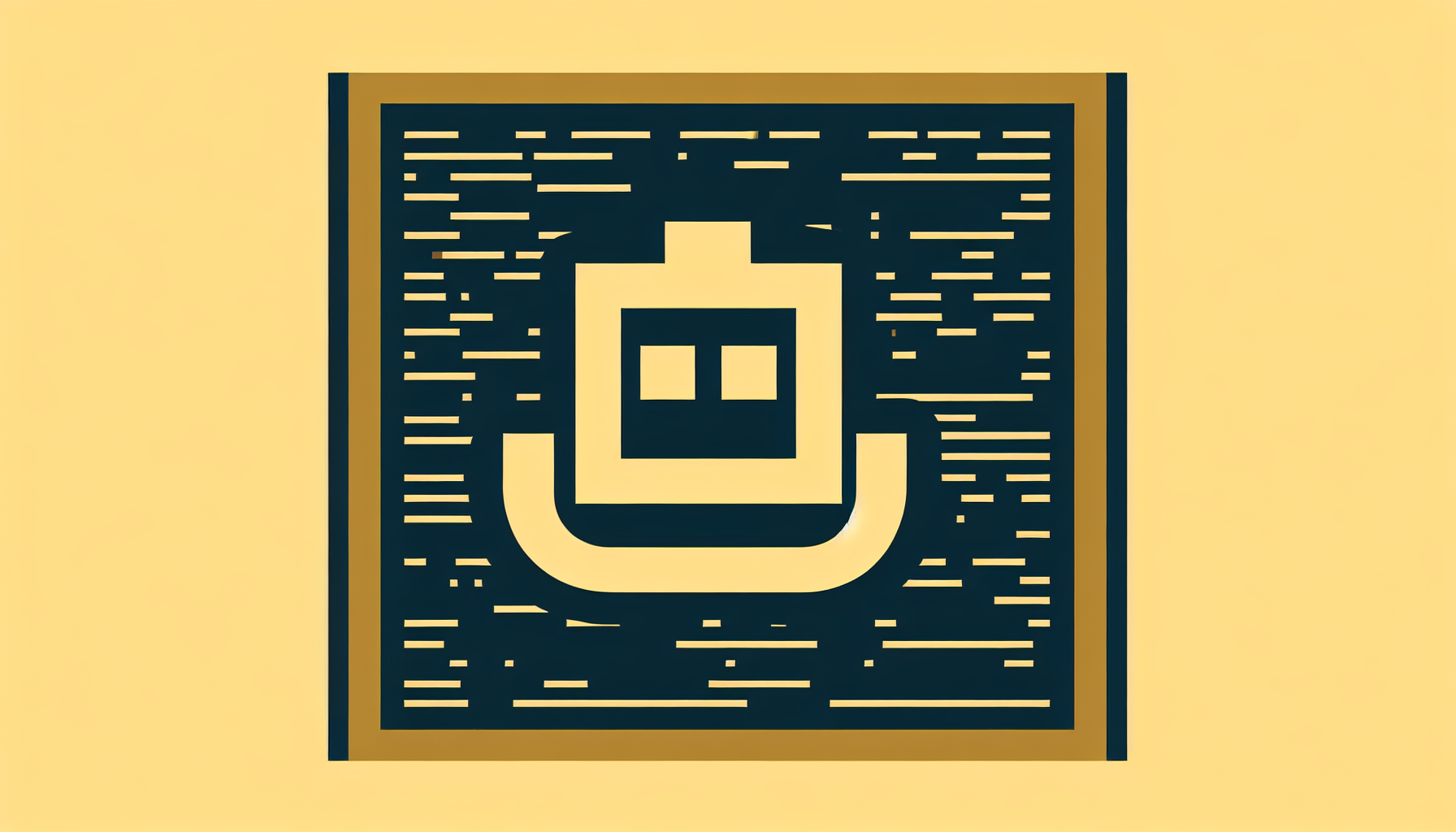Artificial intelligence (AI) is increasingly woven into the fabric of our everyday lives, helping us decide everything from what to watch on Netflix to how to navigate through traffic. However, the moment we consider AI stepping into the murky waters of moral dilemmas, an intriguing question arises: Can machines develop a conscience? Let’s explore this profound question and unravel what it truly means for humanity.
The Basis of Human Conscience
First, let’s talk about us—humans. Conscience is that little voice in our heads guiding us to discern right from wrong. It forms over time, influenced by culture, experiences, education, and sometimes, religion. It’s incredibly complex and not entirely understood even by the best psychologists and neuroscientists.
When pondering the idea of AI developing a conscience, remember that human conscience is inherently tied to our sense of self and emotional capacities—areas where machines are currently quite deficient. Picture a robot pondering whether it should tell your cat that Santa isn’t real. Funny, right? Exactly.
Teaching Machines About Morality
Can we program morality? Well, kind of. We can teach machines to follow ethical guidelines and make decisions based on these principles. In fact, that’s what AI ethics attempts to do—embed a set of principles to guide AI behavior. For example, Isaac Asimov’s famous “Three Laws of Robotics” attempt to set boundaries on AI actions to ensure that they do not harm humans.
In simpler AI systems, this comes down to pretty black-and-white decisions. Think of driverless cars programmed to minimize accidents and prioritize human life. So far, so good? Perhaps. But it’s not that simple.
The Challenge of Complex Moral Dilemmas
Here’s where things get tricky. What happens when an AI faces a dilemma without an obvious moral answer? Think of the classic trolley problem: should an AI-driven trolley change tracks and kill one person to save five others? Now, add layers of complexity such as the ages or professions of those involved. You can immediately see the quagmire.
Can we expect machines to weigh such dilemmas with the same nuance and empathy that humans do? Currently, AI lacks the emotional reasoning and empathetic understanding that are intrinsic to complex moral judgments. An AI making a trolley problem decision might end up wirelessly communicating with other AI-driven vehicles, calculating probabilities, and, ultimately, making a choice you’d find eerily cold and detached—if efficient.
Ethics by Committee: AI Governance
One solution proposed is a sort of “Ethics by Committee,” meaning humans create and oversee ethical guidelines that AI must follow. This essentially outsources morality to human programmers and regulatory bodies, akin to drafting a company’s code of ethics that all employees must follow.
But who decides what’s ethical for AI? Cultural and personal biases insidiously sneak into the algorithms, creating results that might work well in one context but disastrously in another. In the end, we might find ourselves in ethically relativistic territory, where each application of AI brings its own set of moral values encoded by its creators. It’s a bit like asking different chefs to make spaghetti; they’ll all follow a basic recipe but, oh, the variations!
Possible Future: Can AI Evolve a Conscience?
Here’s an evocative thought experiment: what if AI could evolve? Imagine AI systems continuously learning, not just from data but from experiences and ethical reflections. Over time, might they develop something resembling a conscience?
It’s a tantalizing possibility, but it assumes that learning algorithms can eventually transcend purely logical frameworks to incorporate emotions and personal experiences, possibly even understanding and valuing concepts like love, guilt, and sacrifice. If this sounds like something out of science fiction, you’re not alone—many experts and ethicists remain skeptical about this ever being more than hypothetical.
Back to Reality: Practical Considerations
As it stands today, the notion of AI developing a conscience is a fascinating yet distant dream. Practical steps towards ethical AI lie more in stringent oversight, carefully designed frameworks, and ongoing human involvement.
Nonetheless, as AI continues to grow in sophistication, the question isn’t going away. Our collective journey with AI might one day take us to the point where machines can make informed and ethical choices, but it will probably be less about them developing a conscience and more about them executing well-defined ethical algorithms designed by humans.
Until then, let’s keep that little voice inside us very much alive and not look to our smart fridges or autonomous cars for moral guidance. They’re fantastic at making ice cubes and avoiding traffic jams but philosophizing about the greater good? Not their wheelhouse—yet.
So, the next time you find yourself locked in a deep moral quandary, consult a good friend, a wise mentor, or even a therapist. Just don’t ask Siri. You might end up with a solution, but the jokes will be subpar.

Leave a Reply